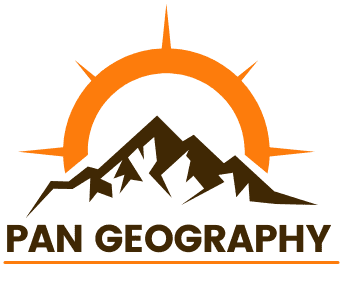Social Well-Being and Quality of Life
In another article, we have discussed the concept of Social Well Being in Geography. We concluded that social well being is a very generic concept and its perception varies from person to person. Therefore, the social scientists have come up with a new concept i.e. Quality of Life (QOL). They argue that the the social … Read more
